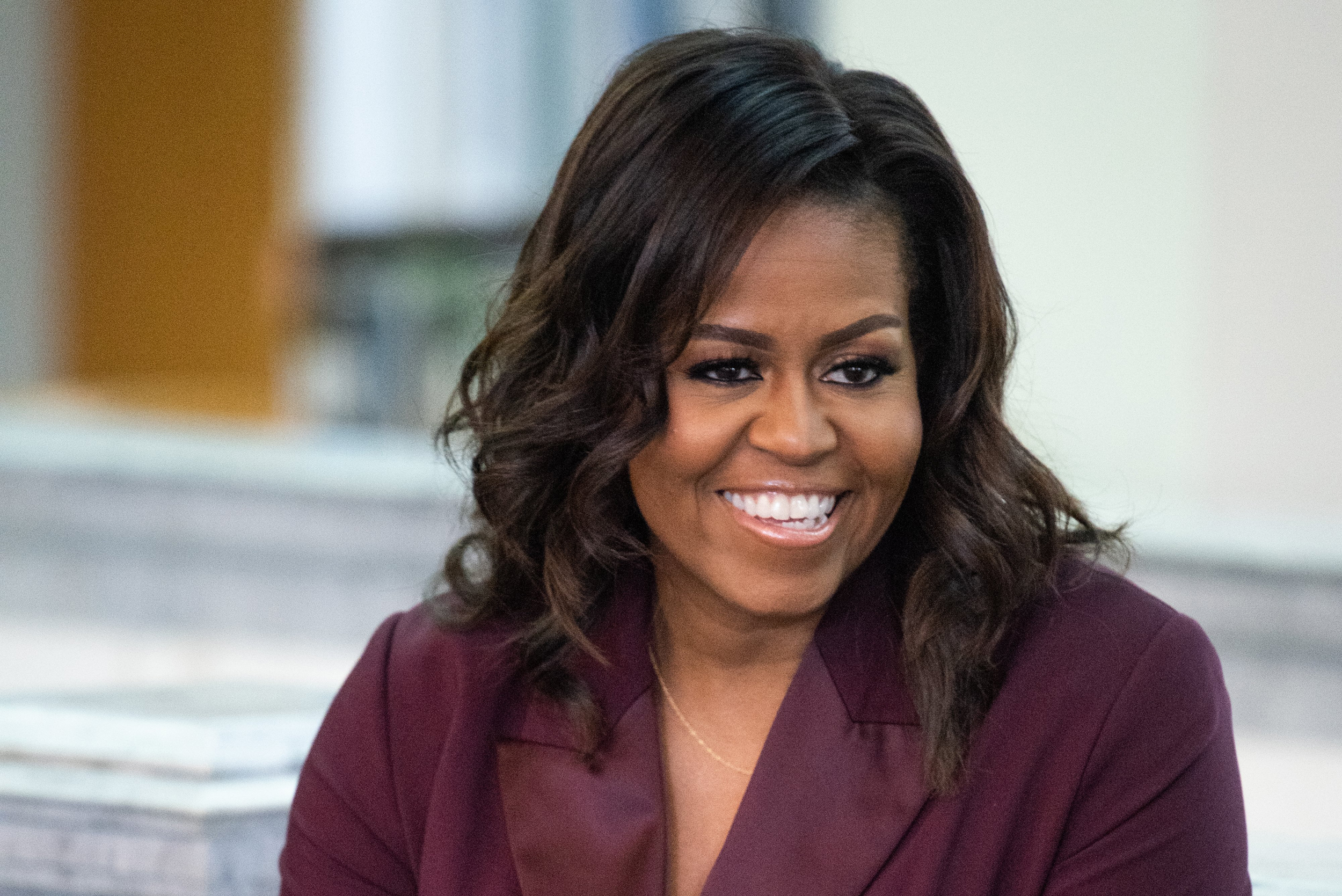
Before Michelle LaVaughn Robinson became Michelle Obama, she could have never imagined the cinematic ascent her life would take as she went from living in a small bungalow in Chicago to living in the White House. Her biography reads like a Hollywood screenplay. A lawyer, a writer, a powerful advocate for women's rights, the first African-American First Lady of the United States, and ultimately one of the Democratic Party's most beloved and respected figures, it seems that her potential knows no bounds. As an internationally known icon, Obama is easily one of Princeton University’s best-known graduates today.
While at Princeton, however, Obama didn't always enjoy her time. She struggled to adjust to college life, describing herself as a, "working-class black student at an elite, predominantly white campus." She became active on her campus though, joining the Third World Center, a group that supported minority students. She also helped run their day care center, which even offered after school tutoring for older children. Brimming with brainpower, she studied sociology and African-American studies, writing her senior thesis on, "Princeton-Educated Blacks and the Black Community." Obama eventually graduated cum laude in 1985 with a Bachelor of Arts degree in sociology.
But despite these many campus successes, an older and reflective Obama still had misgivings, noting how unfair it was for minority students at Princeton.
"It was impossible to be a black kid at a mostly white school and not feel the shadow of affirmative action," was just one example of the racial divide she felt as an undergrad, as captured in her best-selling memoir, Becoming.
And yet, despite the fact that her memoir goes on to detail many of her contentious feelings with her alma mater, over the years the former first lady has also showed signs of softening her stance, especially as Princeton University continues to make progressive changes to its policies.
For instance, during an important campaign stop for her husband, Obama felt comfortable enough to return to her alma mater to host a Presidential fundraising dinner in 2012. Held at a private home in Princeton, she spoke to roughly 230 Princetonians, touching on numerous social and economic topics that were very important to her.
More recently, Obama publicly commended Princeton University for changing the name of a school dedicated to former President Woodrow Wilson, after the school's trustees concluded that Woodrow Wilson’s racist thinking and policies made him an inappropriate namesake for a school or college.
"Heartened to see my alma mater make this change..." Obama wrote. "Let’s keep finding ways to be more inclusive to all students — at Princeton and at every school across the country." After years of avoiding public comment about her college years, Obama is finally starting to open up about her development while attending Princeton, a university which has started making its own much-needed progress lately. Lucky for us, their stories and their inspirational trajectories provide hope for everyone.
